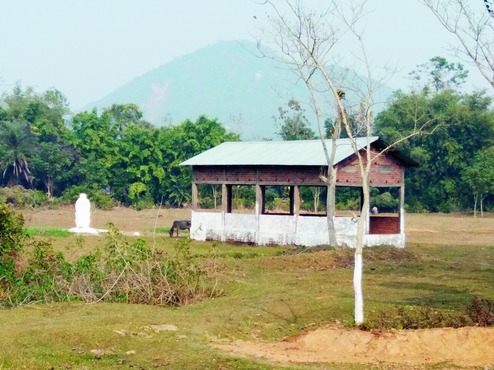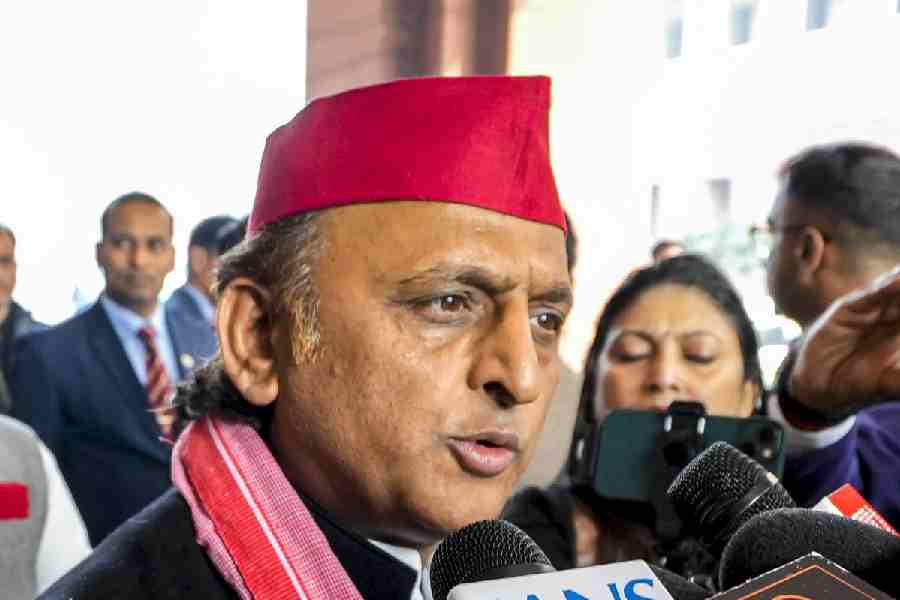

Picture by Tejesh Tripathy
Bongaigaon: He refused to pay a fine of Rs 8 and lost his life.
Nidhanu Ram Rajbongshi, aged 28, was killed by the British at his house in Kokira, 2km south from Bolbola and 20km south from Goalpara district headquarters, on November 6, 1942.
Ahead of the 69th Republic Day, the residents of Kokira want the government to honour Nidhanu.
Retired schoolteacher Amrit Kumar Ray said during the Quit India Movement, some freedom fighters snapped the telephone lines at Bolbola to protest the British rule. When Nidhanu, along with 52 other villagers, was asked to pay the Rs 8 fine fixed by the revenue collector, he refused to do so, claiming he had not committed any offence.
Following this, two policemen arrived at his house and forcefully snatched two bulls. Nidhanu hit one of them with a club.
The policemen took the bulls and sold them to a person from a nearby village for Rs 60 and complained to their boss against Nidhanu.
"The next day, magistrate Chandra Kamal Bhuyan, along with 12 policemen, reached Kokira and cordoned off Nidhanu's house and killed him after a long fight. Nidhanu fought the police with a bamboo spear and a machete," Ray said.
Till 1962, the 14km stretch from Bolbola to Hatigaon in the district was named as Swahid Nidhanu Rajbongshi Road.
"But the signboard mentioning the name of the road went missing. Till date, the government has not put up another board," said the former All Koch Rajbongshi Students' Union (AKRSU) leader of Goalpara unit, Biplab Ray.
In his memory, No. 301 Nidhanu Ram Rajbongshi Lower Primary School was established in 1921 at Kokira but in 1945 it was shifted to Kalpani, less than 1km away.
"The school is functioning with around 70 students and two teachers," said NGO Hindu Jagaran Mancha's leader Parimal Barman.
The natives of Kokira and Kalpani are mostly Koch-Rajbongshis. Nidhanu's only descendants - his two nephews (elder sister's sons) - live at Kalpani in penury. Only two memorial tombs - one at Kokira and another at Kalpani - are reminders of the sacrifice of Nidhanu and bear testimony to the government's apathy.










